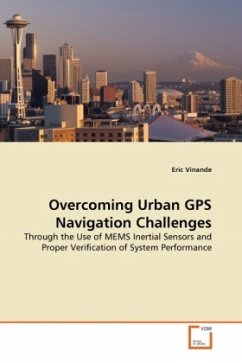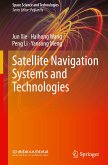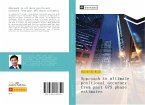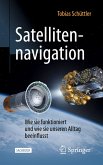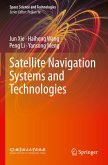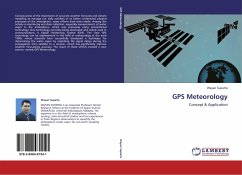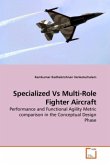This dissertation seeks to overcome challenges in the urban environment to ground vehicle GPS receiver positioning performance through the integration of external sensor information. The effects of narrowband radio frequency interference and signal attenuation, both common in the urban environment, are examined with respect to receiver signal tracking processes. Low-cost MEMS inertial sensors, suitable for the consumer market, are the focus of receiver augmentation as they provide an independent measure of motion and are independent of vehicle systems. A method for estimating the mounting angles of an inertial sensor cluster utilizing typical urban driving maneuvers is developed and is able to provide angular measurements within two degrees of truth. The integration of GPS and MEMS inertial sensors is developed utilizing a full state navigation filter. Appropriate statistical methods are developed to evaluate the urban environment positioning improvement due to the addition of MEMS inertial sensors. Record and playback systems are evaluated as the optimal way of testing multiple navigation systems in the urban environment.
Bitte wählen Sie Ihr Anliegen aus.
Rechnungen
Retourenschein anfordern
Bestellstatus
Storno

